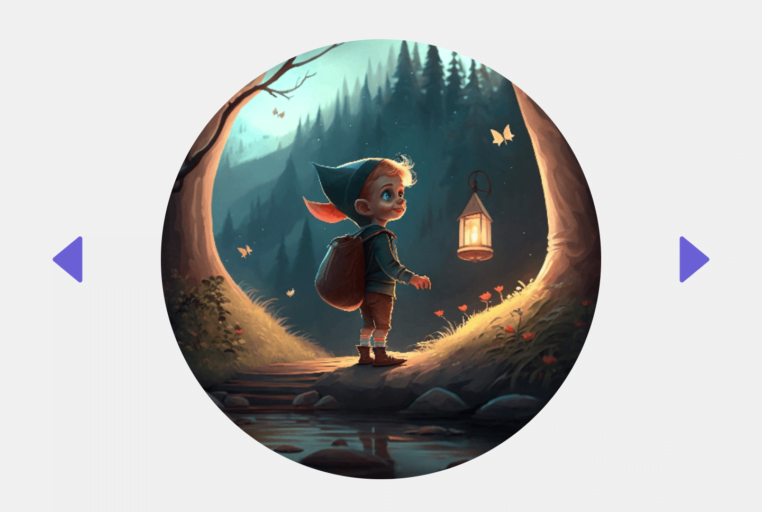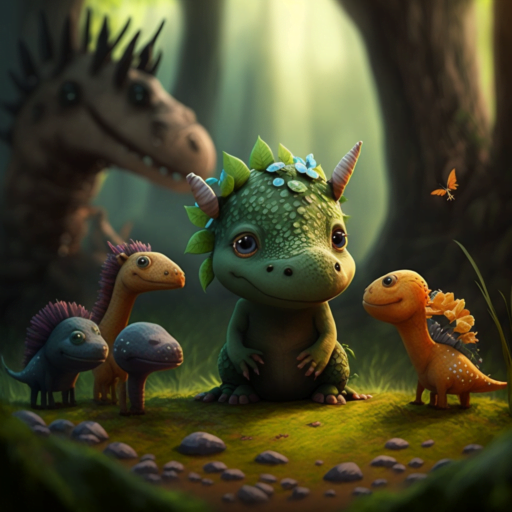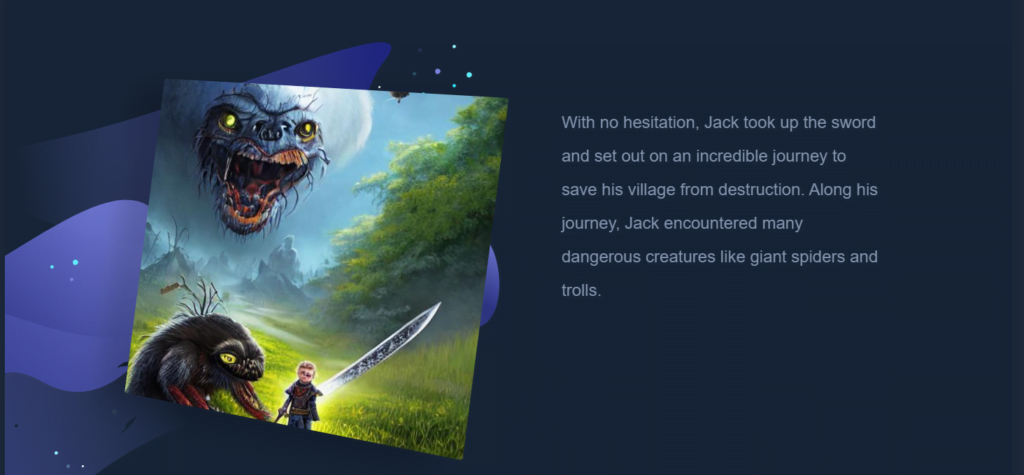For a brief minute, I was worried that traditional publishers were going to replace most of their writers and editors with ChatGPT and similar tools. A lucky few would be left, but they’d be producing ten times, or a hundred times, the content they did before. They’d be working on an AI-powered assembly line, making sure the product kept moving smoothly.
Oh, I was so naive back then. Back then, being yesterday.
I thought that publishers would actually do things quickly. They’re still adapting to ebooks, and those have been out for decades. And they haven’t figured out yet that Alexa and Google Play Books can read your books out loud to you already in a near-human voice, no audio book purchase required.
No, what’s happening is much, much worse, as far as I’m concerned.
Startups are popping up. AI-native companies without any of the burdens and assumptions of the traditional publishing industry. And they’re using the new AI tools to bypass traditional publishing and distribution systems entirely.
Just check out Oscar Personal Bedtime Stories. It’s not an ebook publisher. It’s an app for your smartphone. And it uses ChatGPT and Midjourney to create original, customized children’s stories. You name the main character, select its species, gender, and profession, and pick a moral for your story. Then you wait two minutes for the story to be generated, while your child brushes their teeth.

After two minutes, plus a little bit longer, I had a story. It was 18 pages, and read like the typical ChatGPT-generated story — all summary, no immersion. And the illustration suffers from Midjourney’s difficulty with maintaining consistent characters through a series of generations.
But keep in mind that this is version one. And it’s already pretty good.
Here are some screenshots:
It’s not perfect — yet
Some of the images were repeated, and some didn’t match the character’s description — as you can see above, at one point, the elf turns into a squirrel.
As the technology improves, this process will probably speed up quite a bit, the story will get more coherent, the pictures more appropriate and consistent.
After all, look how far Midjourney has come in just one year:

But the stories created by Oscar Personal Bedtime Stories are already pretty readable, and the images are very cute.
And Oscar isn’t the only such app. On the Apple app store, there’s Fairy Tale – create with AI, Story Time – AI Story Creator, and Maigic Book – AI story & tales.
On the web, Tales Factory generates customized children’s story books, or lets you read public ones for free. Plus, the computer can read them out loud to you in a very pleasant voice.
Make My Tale is similar, and also reads stories out loud. The image quality isn’t as good, though — it looks as though it uses Stable Diffusion, or, possibly, Dall-E 2, instead of Midjourney to create them. Or check out TalesTime, which has very pretty pictures and a very nice reading voice as well.

Your Own Storybook uses AI to generate the illustrations, but the story itself seems to be a Mad Libs kind of template, where you just fill in key words and phrases.
For adults, check StoryAI: AI Generated Stories for iOS , the OnceUponABot web app, Stories by AI, Dreampress, and Fabled, which offers stories for both children and adults. Fabled seems to be using Stable Diffusion for its images, but the layout is gorgeous.

And then there’s AI Dungeon, which works on both iPhones and Androids as well as on the web. This one doesn’t generate a novel as much as a choose-your-own-adventure story, which is another way of getting around the current limitations of AI. A similar app that requires regular reader input is MyTales.
Again, this is very early days, and progress will be swift.
Plus, think of the possibilities here. Phones already have built-in speech — I’ve been using my phone’s voice assistant to read my ebooks out loud to me for years, and the technology has gotten very, very good in the last few months. The stories can also be generated in any language, not just English.
If I was a brand, like, say, Pokemon, I’d use something like this, once it improved just a little bit more, to create personalized stories using my brand assets. Frankly, I’d be surprised if they weren’t already doing this.
ChatGPT is just barely good enough at this point to create a coherent children’s story. But the next upgrade is expected out before the end of this year, and it promises to show another order of magnitude of improvement.
In fact, people are already working on giving ChatGPT long-term memory and the ability to delegate tasks. That means that full-length novels are just around the corner. The folks who own the Law & Order franchise, for example, can upload their scripts and then generate an infinite number of new novelizations based on their existing intellectual property. I would totally read a new Law & Order novella every night. And with Internet access, ChatGPT can even create stories based on the latest headlines.
These apps can deliver stories directly to readers, bypassing Amazon and all other traditional book distribution channels. And, of course, no writers or editors are involved in the individual stories themselves, though probably some humans were involved in setting up the system in the first place. Someone chose the character options, the story morals, the writing style, and the general tone of the illustrations. But, once those decisions were made, they could step back and let the system do its magic. And it probably didn’t require a professional writer or editor to make those initial decisions.
Edited by Melody Friedenthal
MetaStellar editor and publisher Maria Korolov is a science fiction novelist, writing stories set in a future virtual world. And, during the day, she is an award-winning freelance technology journalist who covers artificial intelligence, cybersecurity and enterprise virtual reality. See her Amazon author page here and follow her on Twitter, Facebook, or LinkedIn, and check out her latest videos on the Maria Korolov YouTube channel. Email her at maria@metastellar.com. She is also the editor and publisher of Hypergrid Business, one of the top global sites covering virtual reality.






Awesome! Trad publishing is nuts for sure though. And people are already rebelling against ai-art. For example, Ai-art accounts on insta are full of hater comments.
My main takeaway is that we can’t compete with ai in shallow content.